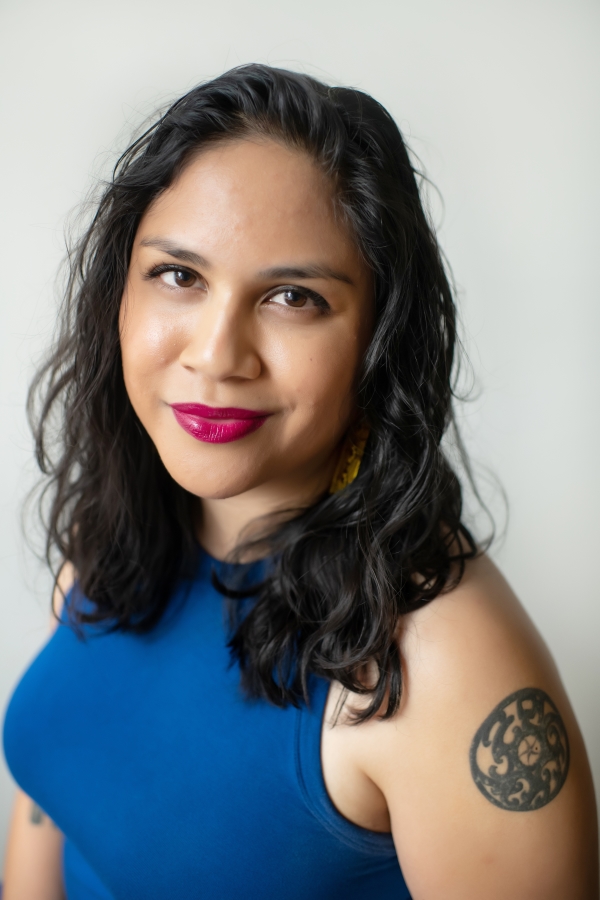

It was a pleasure to write the first installment of my mystery series. I love writing a tight plot, surprising the reader, and getting into the heads of bad guys. It was a fun project after the grueling research on the historical fiction. I loved reading mysteries and watching BBC mystery offerings, so the next writing project I took on was crime fiction. My first novel was historical fiction with a mystery element. It was at the Corporation for Public Broadcasting that I began to think seriously about writing fiction. When I moved to Washington, DC, I became a funding officer for programs aired on PBS. I have an undergraduate degree in Radio/TV/Film, and I worked as a radio and TV reporter and producer in Detroit for many years.

What’s your writing origin story? What led you to write fiction and, in particular, crime fiction?Ĭheryl: Writing has been part of my job description for most of my professional career. With this roundtable, my hope is that readers will explore these writers, consider how their voices enrich and expand this beloved genre, and, of course, find inspiration from them. She has also written three crime series, her most recent novel being the gripping Mimi Patterson/Gianna Maglione mystery You Can’t Die But Once. Mickelbury has written plays, short fiction, historical fiction-most recently Two Wings to Fly Away, about an enslaved person who uses her dress shop as a front for her work with the Underground Railroad. Her follow-up, Homicide and Halo-Halo, will arrive next February. Manansala’s debut, Arsenic and Adobo, is a culinary cozy that features a Filipina American lead, lots of humor, delicious food, and a twisty mystery. Charlie Mack, Head’s first book was a work of historical fiction about African Americans in the Armed Forces during World War II. Although known for her gritty and compelling series featuring P.I.

The following three writers-Cheryl Head, Mia Manansala, and Penny Mickelbury-address a variety of subgenres, breadth of subject matters, and richness of themes. “Let it bother me? Not so’s you’d notice.” Three Queer Women of Color Writers Talk Crime FictionĪs with the transgender crime writers who featured recently in a roundtable, queer women of color are strikingly underrepresented in the crime fiction genre.


 0 kommentar(er)
0 kommentar(er)
